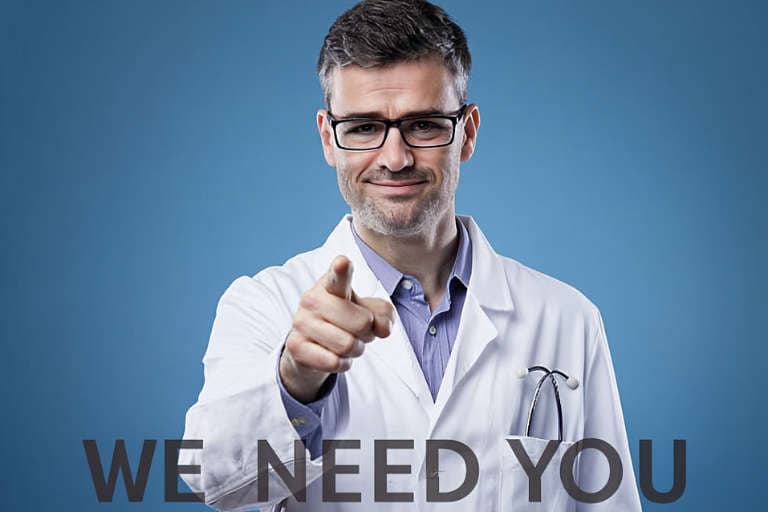EDS Pilot Study
A New Way to Explore What’s Possible
Most people with Ehlers-Danlos syndrome have heard the phrase, “There is no cure.” It is delivered as a fact, but it often feels like a sentence. A line in the sand that says, “This is as good as it gets.”
At SICH, we say something different. We say: There is no known cure.
The difference is small on the surface, but it carries huge weight. Because when you say there is no cure, you shut the door on possibility. When you say there is no known cure, you leave space for change.

We respect the current medical understanding of EDS. We understand it is a genetic condition, that it affects the body’s connective tissues, and that it requires careful, often lifelong management. But we also recognise the emotional and psychological toll of being told that there is nothing more that can be done.
We believe that needs to change.
That is why we are launching a new EDS pilot study to begin exploring hypnotherapy for EDS not as a miracle cure, but as a potential route to deeper support, greater wellbeing, and new pathways that may not yet be fully understood.
Why a Pilot Study for EDS?
Over the years, we have worked with many people with EDS, helping them with pain management, sleep, anxiety, digestive issues, emotional overwhelm, and nervous system dysregulation. Many report benefits, and some have experienced shifts they never thought possible.
But anecdotes are not enough. We want to understand what is happening, and how far it might be possible to go.
This EDS pilot study is the first step in building a more structured approach. It is not a treatment programme. It is an information-gathering phase, where we are listening carefully to the lived experiences of people with EDS.
We want to know:
- What has helped you, and what has not?
- How does your body respond to emotional states?
- Do you feel stuck in survival mode?
- What subconscious beliefs do you hold about your body or your future?
- Where do you see potential for change, however small?
Your answers will guide our future work and help shape a new framework for mind-body research in EDS.
Challenging the Programming That Comes with Diagnosis
When someone receives an EDS diagnosis, they often inherit more than medical facts. They also absorb years of messaging, from doctors, family, media, and even support groups. Messages that say your body is fragile, broken, or untrustworthy. That any hope of progress is naïve. That the best you can do is manage symptoms and brace for decline.
We understand where this comes from. But we also see the damage it does.
That is why we are inviting people to join this EDS pilot study not just to gather data, but to challenge the narrative that there is no hope for meaningful change.
We believe the subconscious mind is powerful. That the nervous system is adaptable. That trauma, belief, and emotion shape physical experience far more than we are often taught to believe.
And as medicine begins to evolve, with AI making new discoveries faster than ever before, we believe it is time to question some of the old limitations.
What We Hope to Learn
This EDS pilot study is about discovery. We are not promising results. But we are asking questions that few others are asking.
We want to learn how people with EDS relate to their bodies, their symptoms, and their sense of agency. We want to understand whether hypnotherapy can be used not just for symptom relief, but as a tool for reprogramming some of the deeper patterns that may be involved in chronic dysregulation.
We are especially interested in the following:
- How subconscious beliefs affect symptoms and recovery
- The role of trauma and medical gaslighting in nervous system dysregulation
- Whether suggestion and imagery can shift internal states that influence pain and energy
- The potential of mind-body practices to support collagen production, tissue repair, or immune regulation
None of this replaces medical treatment. But it may complement it in ways that improve quality of life.
Who Can Take Part?
If you are living with any type of Ehlers-Danlos syndrome and are open to reflecting on your experience, we would love to hear from you. You do not need to be a current client or have any previous experience with hypnotherapy.
The pilot involves a short questionnaire and the opportunity to share more about your journey. We will be analysing common themes, patterns, and insights. In the future, this may lead to the development of structured hypnotherapy protocols designed specifically for EDS.
This is the beginning of a long-term process. But your voice can help shape what comes next.

A Note on Hope
This EDS pilot study is not about blind optimism. It is about curiosity, responsibility, and the courage to ask “What if?”
We do not claim to have the answers. But we are committed to asking better questions.
Your data will be anonymised before any analysis takes place. We store all submissions on secure servers with bank-level encryption and comply fully with UK GDPR requirements. This study is about listening, not labelling. Your privacy is as important to us as your voice.
If you are ready to contribute to this project and help expand the field of mind-body research in EDS, we invite you to take the first step today, by completing the form below.
